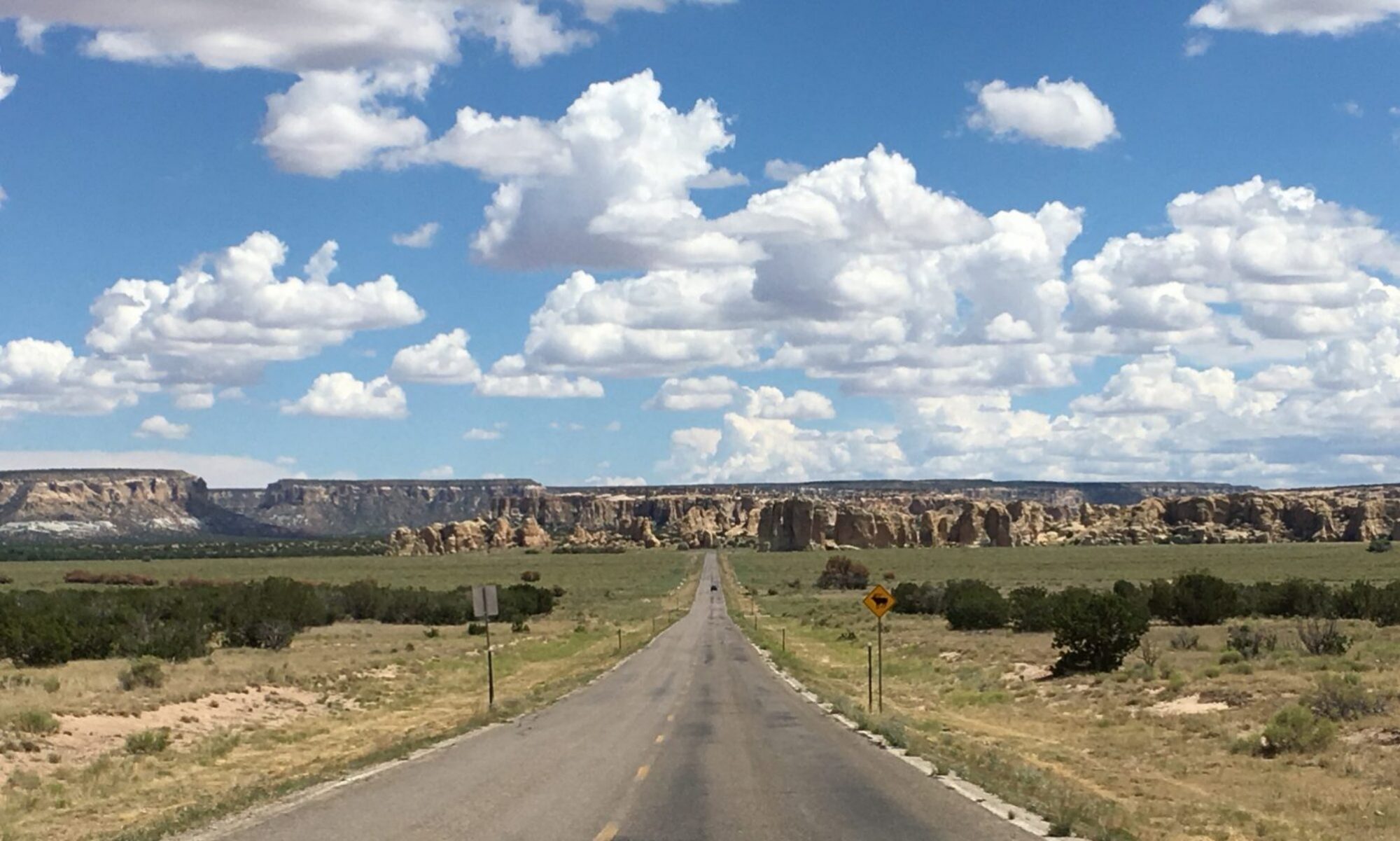2014-15 course descriptions
Spring of 2015
MA level: New American Studies (Tuesday 13-15) Syllabus 2015 — updated as of Feb. 24
ROOM CHANGE — this class will meet in 3017
The aim of this Master’s level course is to introduce students to the major themes and methods of New American Studies, a theoretically-informed, comparativist and socially engaged recent development within American Studies. We will examine the role of language, myth and ideology in American cultural politics, focusing on issues such as imperialism, religion, multiculturalism, feminism and race. The corpus will include films, literary texts and readings from the textbook, American Cultural Studies (Neil Campbell, available at Basta!). The readings for the course will be supplemented by guest lectures linked to the class and a concert-guest lecture by Will Kaufman on folk singer Woody Guthrie’s Civil Rights-related activism.
This course is equivalent to the Introduction to American Studies taught by Boris Vejdovsky in the Fall for the purposes of the SPEC program in New American Studies, but will be different enough from that seminar to be taken separately by students with a special interest in American Studies. It can be considered a continuation of that seminar.
3rd year BA:
19th century American literature (Thursday 10-12) syllabus
This 3rd year BA class will introduce students to some of the major authors and issues of 19th century American literature, especially from the mid-century period that used to be called the American Renaissance. This course will examine some of the canonical writers associated with this term (Emerson, Thoreau, Melville) but also include African American and women writers who have come to be regarded as equally important in recent decades, such as Frederick Douglass and Harriet Beecher Stowe. The period we will focus on is defined in many ways by the existence of slavery in the Southern part of the United States, and the abolitionist struggle leading up to the Civil War in the 1860s. Other authors will include Edgar Allan Poe, Walt Whitman and Emily Dickinson.
African American Literature and Culture (Thursday 15-17)
syllabus please note that the syllabus is provisional and the final syllabus will probably be a little different
This seminar aims to introduce 3rd year BA students to the major themes and texts of African American literature. We begin with the slave narrative, which were autobiographical accounts of the experiences of escaped slaves, and finish with Toni Morrison. In between, we will discuss issues of language, dialect, political art, music, genre, and gender as we read poems, novels, speeches, short stories and several chapters of W.E. B. Du Bois’s influential and magisterial The Souls of Black Folk (1903). This course is a recommended but not required companion course for the annual spring African American History study trip to Paris and will provide students with a solid background of the texts written by writers who made the most impact on African American culture and intellectual life. On May 7th there will be a concert & guest lecture by Will Kaufman about lynching and the Civil Rights activism of folk singer Woody Guthrie.
Please note that you will need to buy two books, The Souls of Black Folk, by W.E.B. Du Bois, and The Bluest Eye by Toni Morrison. If you have already purchased Their Eyes Were Watching God, which we will no longer be using, I will buy it back from you myself.
2nd year: Frankenstein (Wed 10-12) 2015- Frankenstein
***Please note that a second section of this seminar has been added, to be given at the same time, in room 2106, by Kirsten Stirling.***
This explication de textes course will use Mary Shelley’s Frankenstein as a point of entry into the study of narrative prose, focusing on the acquisition of tools and vocabulary that are necessary to analyze the English novel. In this part of the class, we will learn about topics such as narration and figurative language. We will also look at the text from several different theoretical perspectives (such as feminism or gender studies) and practice constructing evidence in the service of reasoned arguments or claims about a text. Students are encouraged to read the novel before the class begins so that they can reread it more carefully and critically during the semester. We will be using the Bedfords St. Martins Case Studies in Contemporary Criticism edition, which will be available at Basta! as early as June or July 2014 so please buy that one.
